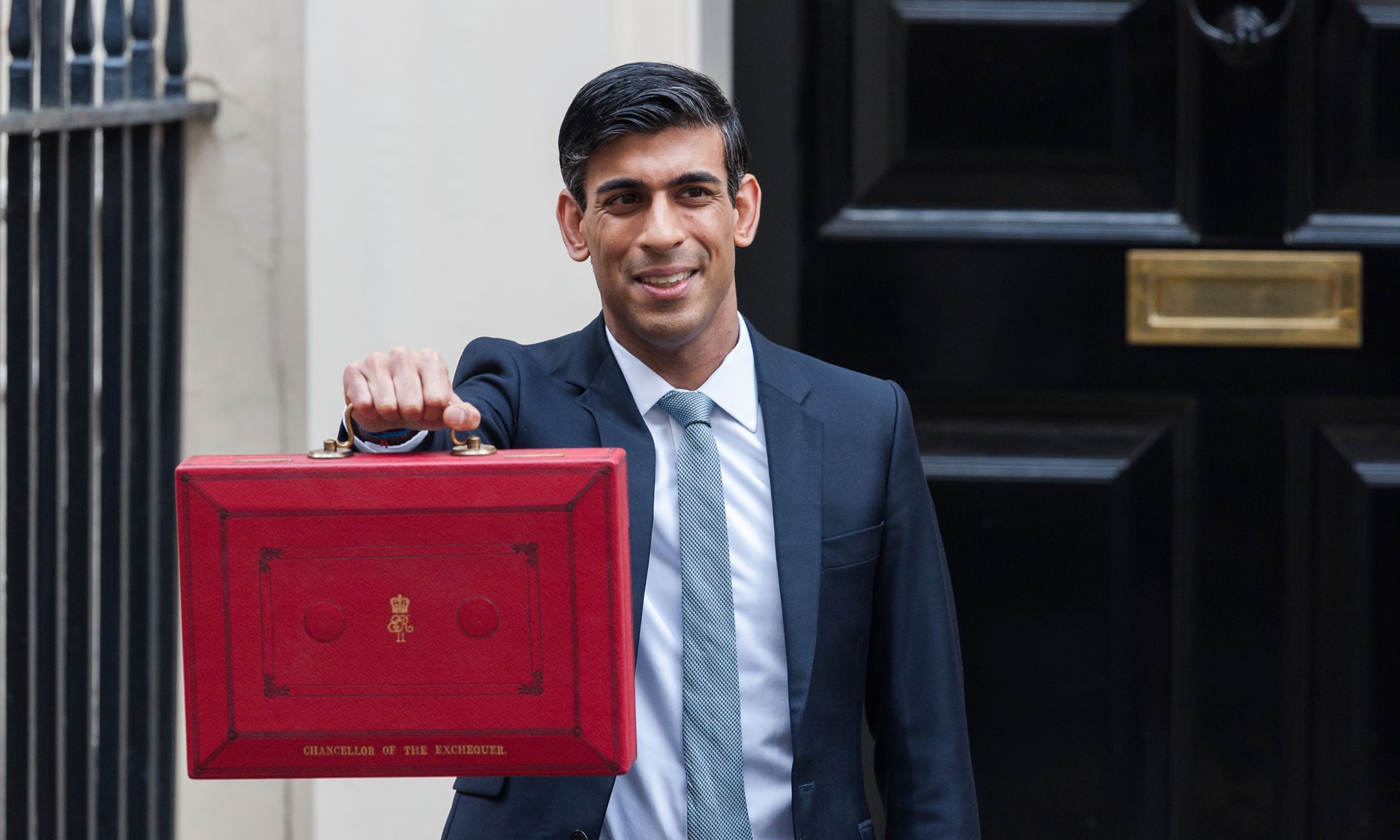
Budget 2021: What Does It Mean For The Hospitality Industry
The last year has been particularly tough on the hospitality industry, so what support can the sector expect in the recently announced Spring Budget.
The Chancellor revealed that the hospitality and tourism sectors, which he describes as some of the hardest hit by Covid-19, will pay lower VAT rates for a year.
The 5% reduced rate will continue to apply until 30th September. From 1st October, businesses in the sector won’t go straight back to the 20% rate and instead will pay an interim rate of 12.5% for another six months.
Planned rises in duties on alcohol will now not go ahead.
The Chancellor said: “I can confirm that the planned increases in duties for spirits – like Scotch whisky – wine, cider and beer will all be cancelled.
“All alcohol duties frozen for the second year in a row – only the third time in two decades.”
This, he said, saved drinkers £7.3 billion, equating to 2p on a pint of beer, 1p on pint of cider, 8p on a 75cl bottle of wine, and 30p on a 70cl bottle of Scotch.
The Chancellor also confirmed reports of start-up grants worth £5bn from April to help the High Street to reopen. Hospitality and leisure businesses can receive grants of up to £18,000.
“That’s £5bn of new grants; on top of the £20bn we’ve already provided; taking our total direct cash support to business to £25bn,” Sunak said.
The Chancellor also gave further details about the extension of the government furlough scheme. Employees will continue to receive 80% of their salary until the end of September 2021. Businesses will be required to contribute towards payments from July, when they must pay 10%. This increases to 20% in August and September.
In total, the Chancellor has announced an additional £65bn of measures to support the economy against the effect of coronavirus. Including measures announced last year, he said the “total fiscal support over this year and next amounts to £407bn”.
Sunak also revealed that since March, 700,000 people have lost their jobs and government borrowing has been at the highest level since wartime. However, the Office for Budget Responsibility (OBR) did provide some uplifting news, predicting that the economy will return to pre-pandemic levels by the middle of next year, six months earlier than originally predicted last November.


